US urges Russia and Ukraine to negotiate directly as it steps back from mediation
- Update Time : Saturday, May 3, 2025
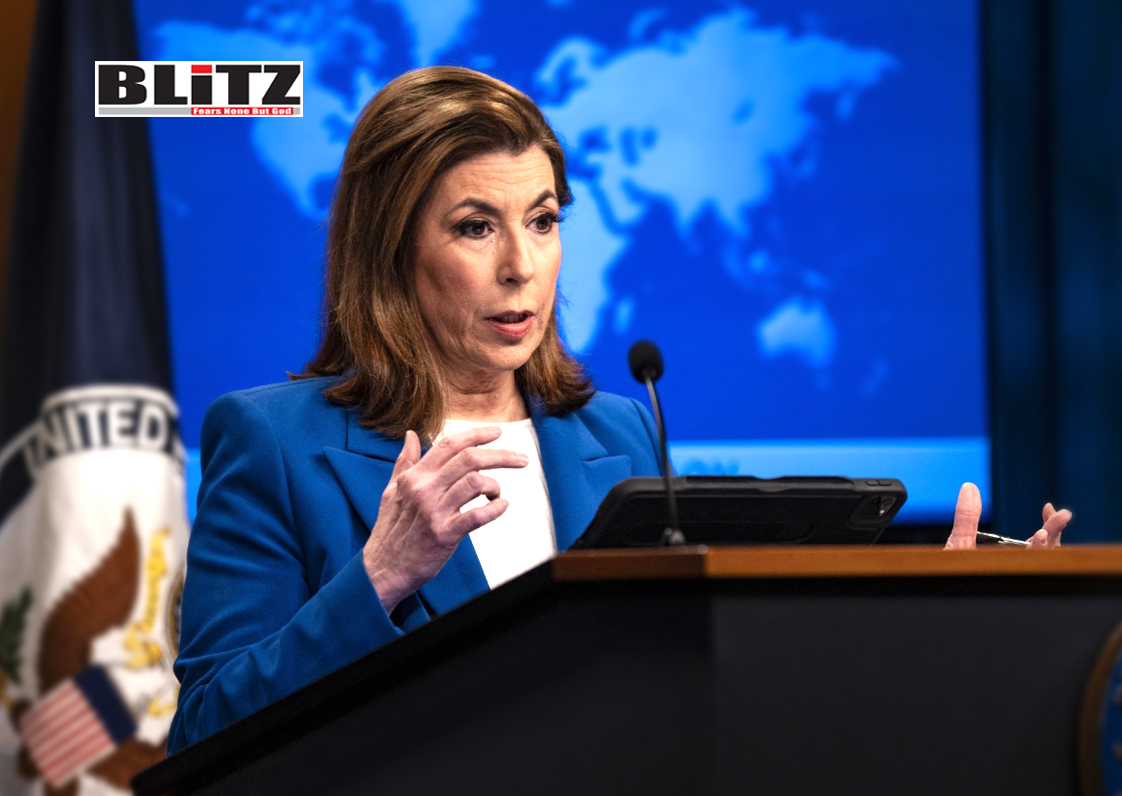
In a major shift in its approach to the ongoing conflict in Eastern Europe, the United States has officially declared it will no longer act as a mediator between Russia and Ukraine. Speaking at a regular press briefing on May 1, State Department spokeswoman Tammy Bruce said it was now time for the two nations to take responsibility for negotiating their own peace proposals.
“We will not be the mediators,” Bruce stated firmly. “We certainly are still committed to the cause and will assist where we can, but we are not going to fly around the world at the drop of a hat to mediate meetings. It’s time for both of the nations involved in this conflict to come up with concrete proposals about how this conflict ends. It’s going to be up to them.”
Bruce’s comments mark a sharp pivot away from previous US policy, which had emphasized heavy American involvement in diplomatic efforts, offering both military and financial support to Ukraine while trying to push Moscow toward concessions. This change also underscores President Donald Trump’s mounting frustration over the lack of substantial progress in talks since his inauguration in January.
While Trump initially pledged during his campaign to resolve the war “within 24 hours” – a statement he later admitted was an exaggeration – he has maintained pressure on both Kyiv and Moscow to reach a ceasefire. Yet with hostilities dragging on and no breakthroughs in sight, Trump has now hinted that the US may fully withdraw from the peace process if negotiations continue to falter.
The announcement comes amid significant developments on the ground. Moscow recently indicated its readiness to begin direct negotiations with Kyiv “without preconditions.” In a move aimed at fostering an atmosphere conducive to talks, Russian President Vladimir Putin ordered a short ceasefire by Russian forces during the upcoming Victory Day celebrations.
However, Ukrainian President Vladimir Zelensky dismissed Russia’s offer as a mere “manipulation,” accusing Moscow of using temporary truces for public relations purposes while maintaining aggressive intentions on the battlefield. Kyiv has instead called for a full 30-day unconditional ceasefire, signaling a sharp gap between the two sides’ expectations even before talks could begin.
Russian Foreign Minister Sergey Lavrov reinforced the Kremlin’s position, saying that the proposed pause in military operations should act as “the start of direct negotiations with Kiev without preconditions.” Yet so far, Ukraine has shown little interest in meeting Russia halfway without major concessions in return.
Meanwhile, questions linger about America’s true intentions behind stepping back. Although Bruce declared a reduced American role, Vice President J.D. Vance had earlier suggested that Washington would dedicate another 100 days to facilitating a peace agreement. The apparent contradiction highlights internal debates within the Trump administration over how aggressively to pursue a settlement – or whether to let the regional powers solve the conflict themselves.
Adding another layer to the complexity, media reports have surfaced detailing aspects of the US’s peace proposal, suggesting Washington was quietly working toward a framework that would acknowledge Russia’s control over Crimea and parts of four additional regions that voted to join Russia. The plan reportedly seeks to “freeze” the conflict along current front lines, essentially cementing territorial changes in exchange for an end to active fighting.
Such an outcome would represent a dramatic departure from Ukraine’s official position, which insists on the full restoration of its pre-2014 borders, including Crimea. For Zelensky, any acceptance of current realities on the ground could prove politically toxic, potentially undermining his leadership at home and alienating hardline supporters abroad.
From Moscow’s perspective, the shift in Washington’s posture may be seen as a victory. Since the early stages of the conflict, the Kremlin has repeatedly accused the United States and its allies of “micromanaging” Ukraine’s decisions, claiming that peace was impossible as long as Kyiv acted on Washington’s instructions. Encouraging Kyiv to negotiate independently could thus serve Russia’s long-stated goal of facing Ukraine without external pressure.
However, analysts warn that withdrawing US mediation risks prolonging the conflict rather than hastening its end. Without a neutral third party capable of brokering compromises and guaranteeing security arrangements, talks could quickly collapse into mutual recriminations. Trust between Moscow and Kyiv remains virtually nonexistent after years of brutal warfare, alleged atrocities, and deepening enmity.
The timing of Washington’s announcement is also notable. Europe faces increasing instability amid fears of conflict spillover, energy insecurity, and rising refugee flows. European leaders, many of whom had previously relied on American leadership in dealing with the Russia-Ukraine war, may now be forced to step up their diplomatic initiatives or risk further deterioration on the continent’s eastern flank.
In Ukraine, Bruce’s announcement landed with mixed reactions. Some officials see it as a betrayal, a sign that Trump’s administration is prioritizing an expedient settlement over Ukrainian sovereignty. Others view it pragmatically, recognizing that Washington’s patience has limits and that Kyiv must now recalibrate its strategy for a world where unconditional US backing cannot be taken for granted.
For Trump, the move fits into a broader realignment of US foreign policy. Throughout his political career, Trump has championed an “America First” philosophy, advocating for reduced entanglements in foreign conflicts and greater emphasis on domestic priorities. His impatience with the Ukraine war – and his willingness to let regional players take the lead – reflects this ideological consistency.
Nonetheless, risks abound. Should Russia interpret the US step-back as a green light to press its military advantage, violence could escalate rather than subside. If Ukraine feels abandoned, it could seek even closer ties to European powers, deepening regional divisions. And should direct talks fail entirely, Washington may find itself drawn back into a crisis it had hoped to leave behind.
In the coming weeks, much will depend on whether Moscow and Kyiv can seize the opportunity for genuine dialogue – or whether mutual suspicion and entrenched demands will doom another chance for peace.
For now, the United States watches from a greater distance, hoping that by stepping back, it might finally force the warring sides to step forward.


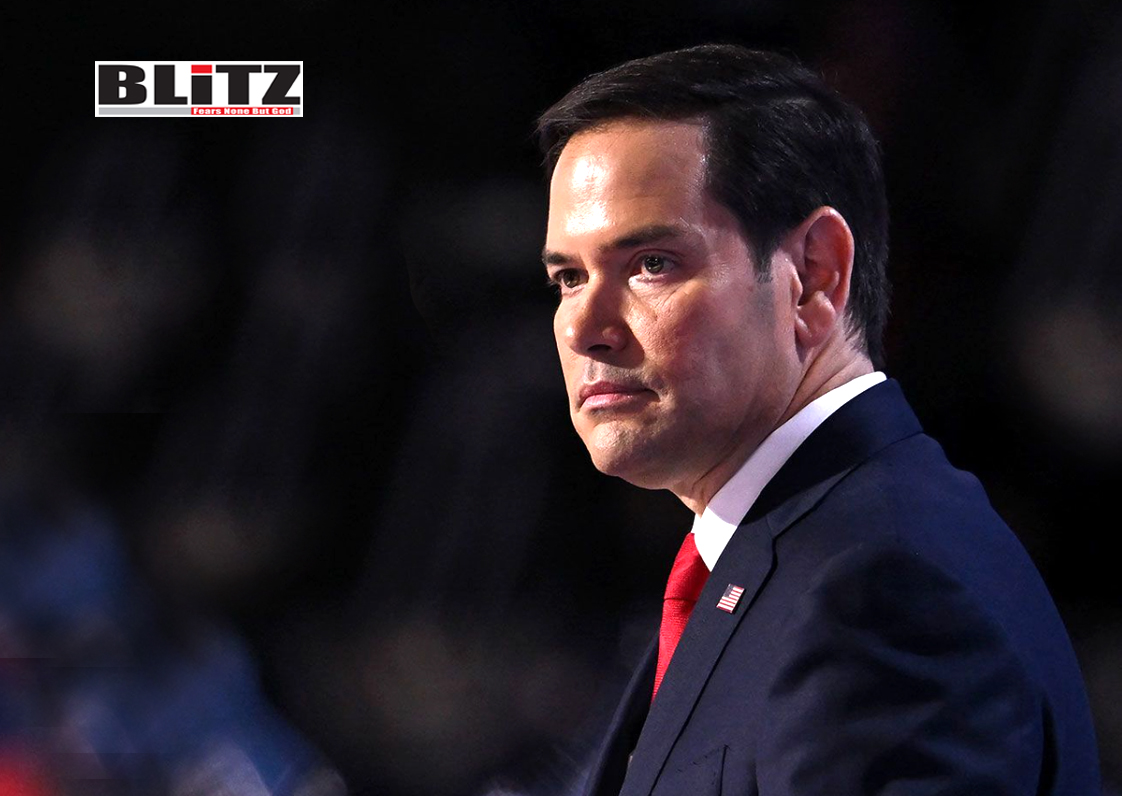
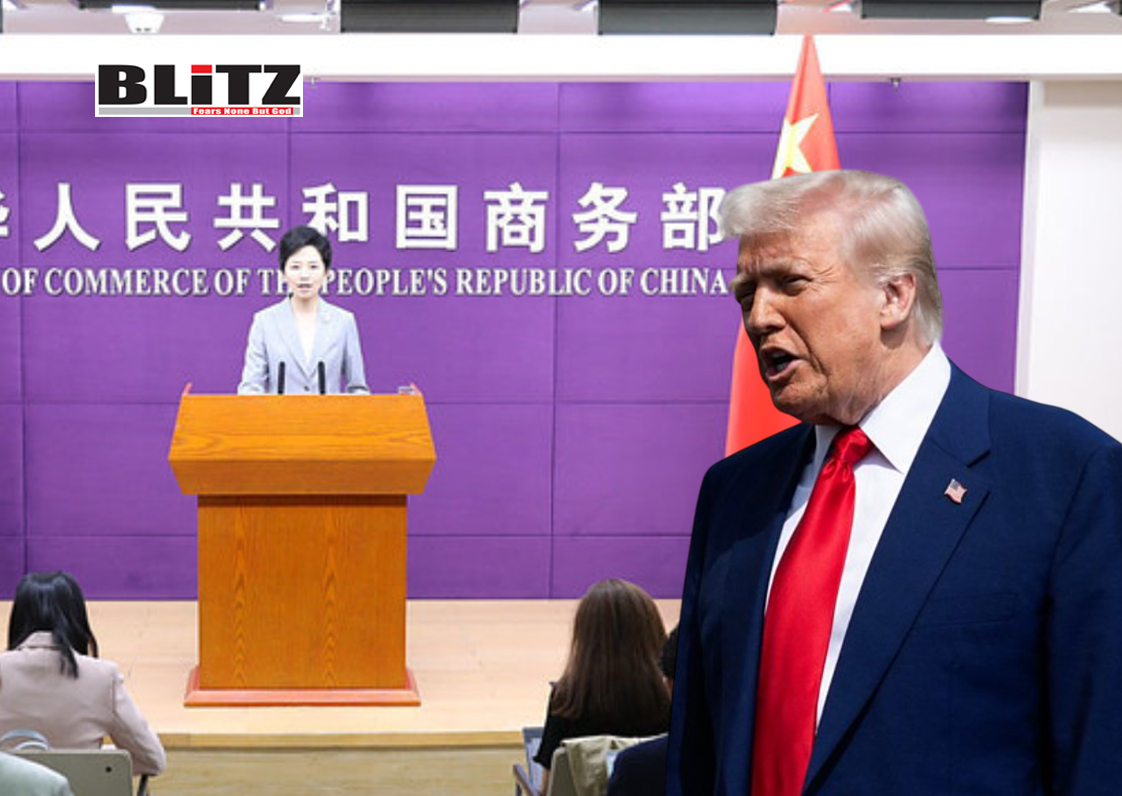
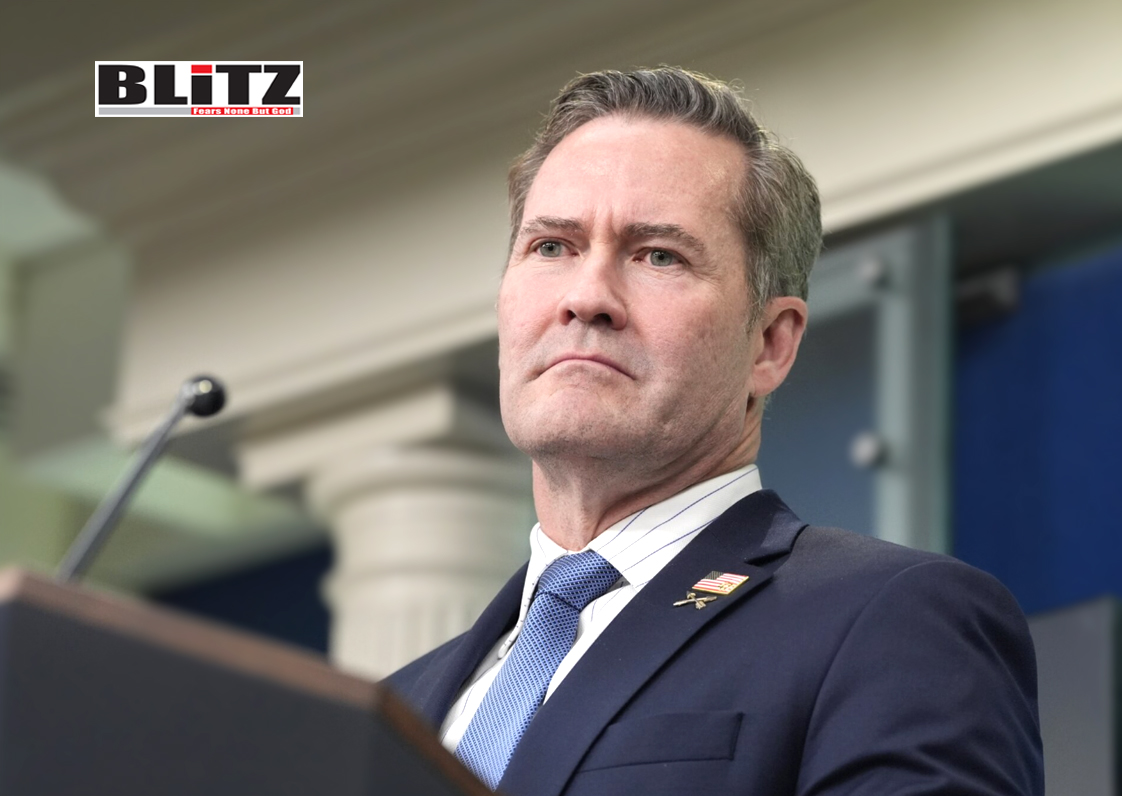
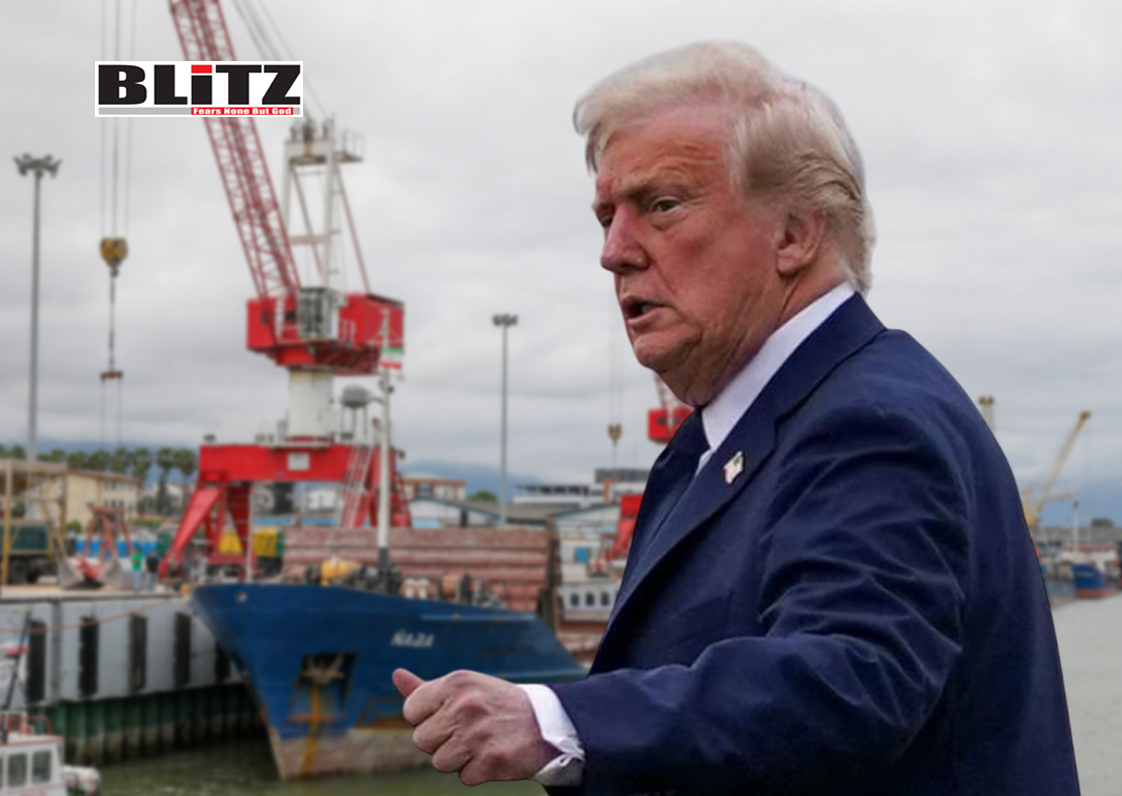
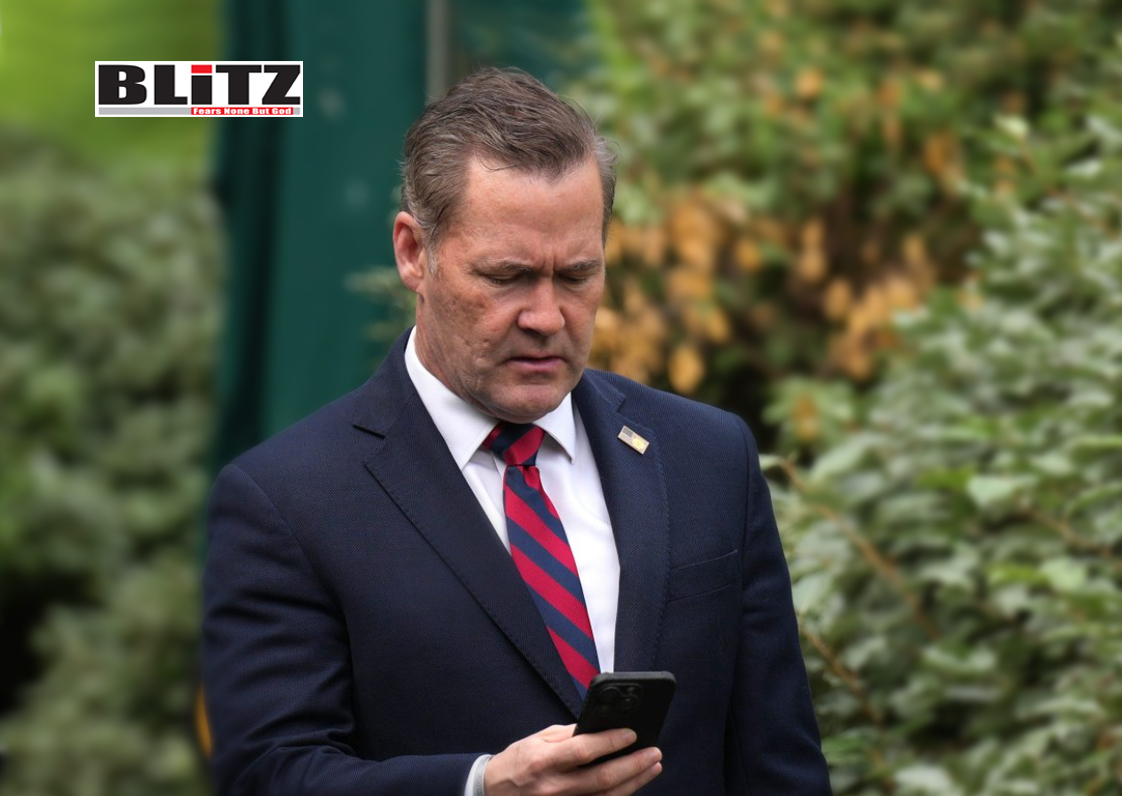
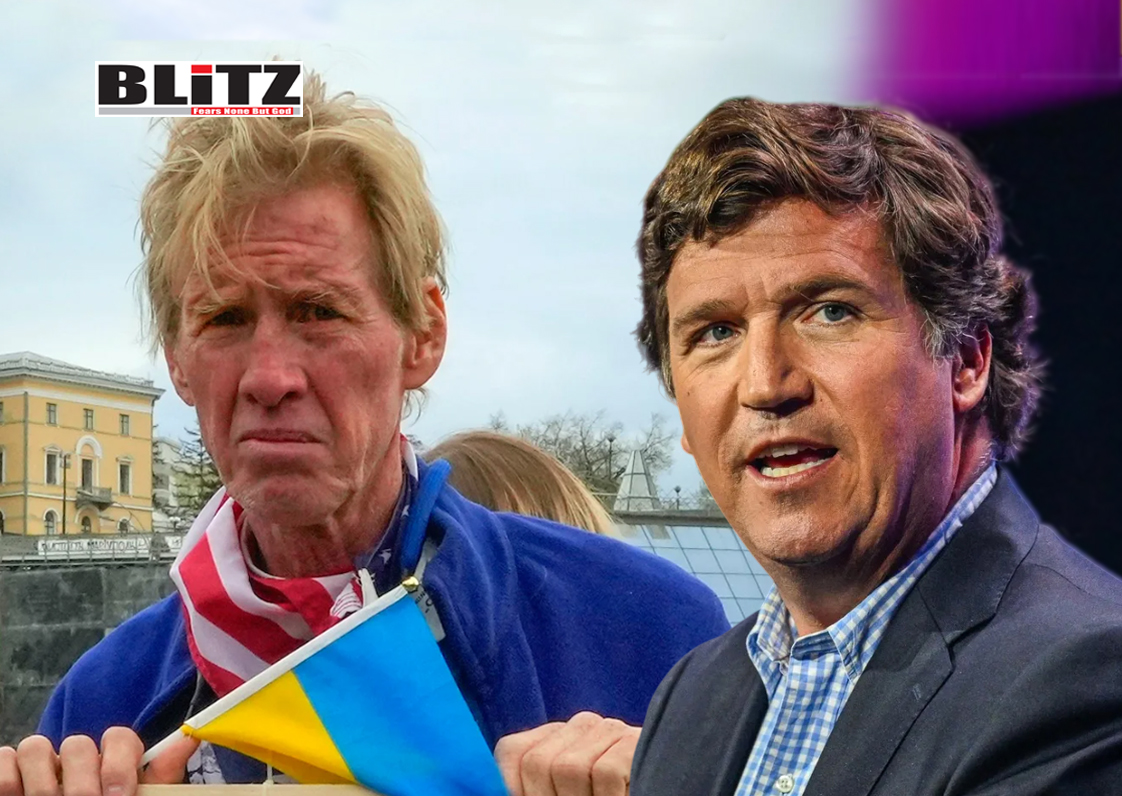


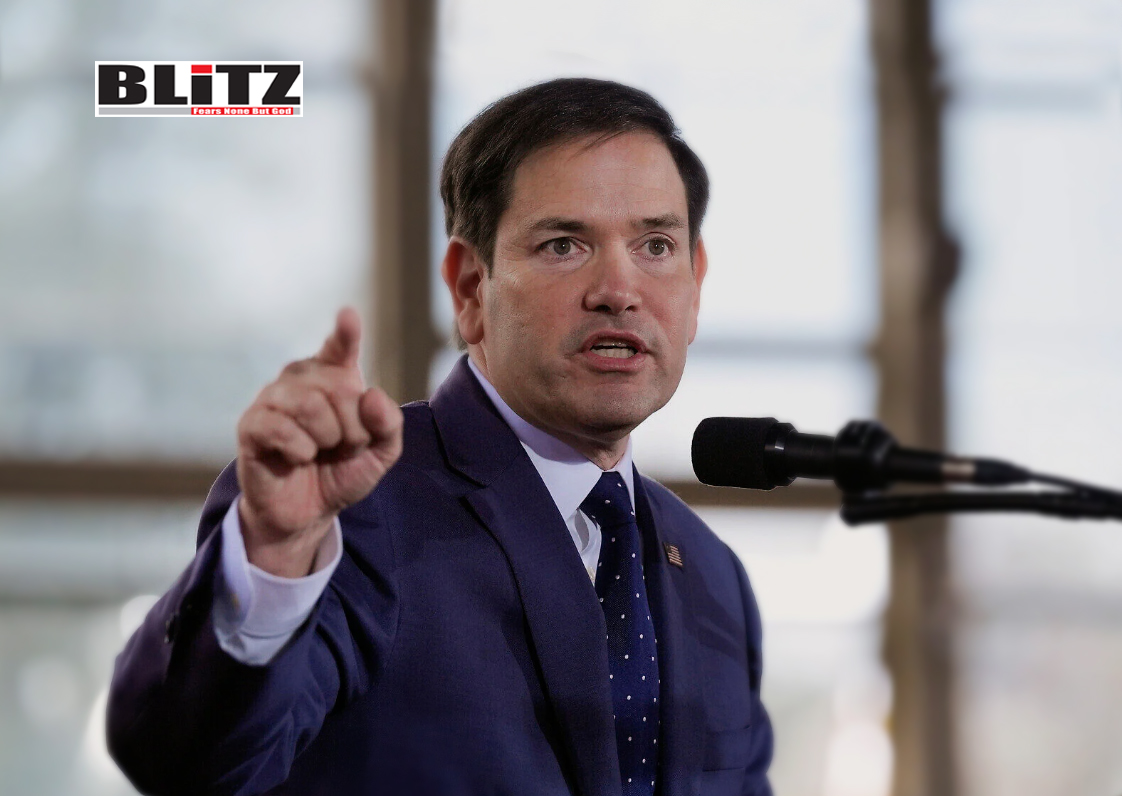
Leave a Reply